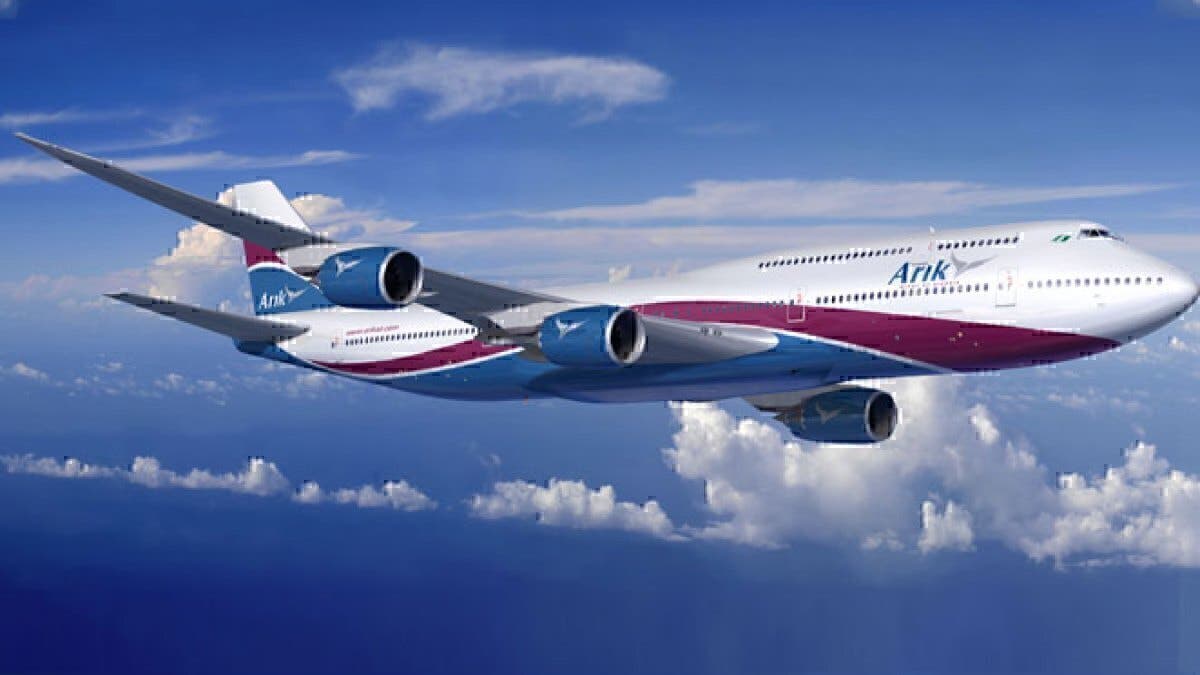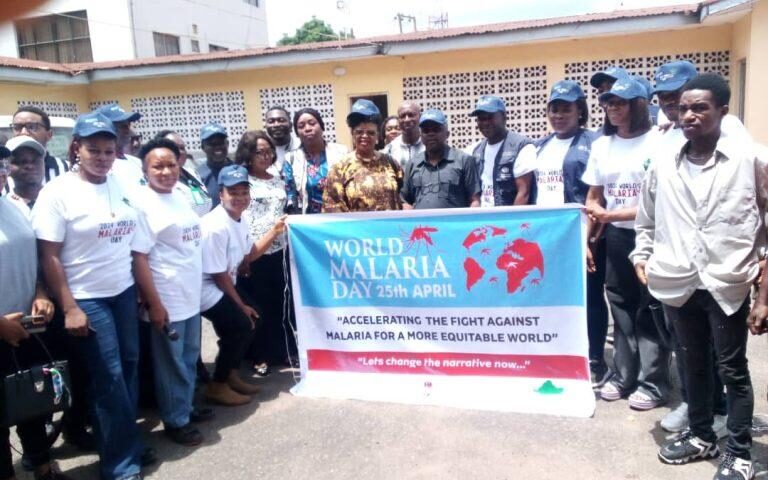By Shola Adekola
It is no longer news that in the last ten years over 20 domestic airlines in Nigeria have parked up which points to the fact that domestic airlines in the country hardly last more than ten years at a stretch without running into big problems which may either make or mar the affected airline.
Among the list of dead airlines are: Chanchangi, IRS, Harka, Kabo, Okada, Freedom Air Services, Sosoliso, Associated, Medview, Bellview, FirstNation, Kolkol, ADC, Triax, Slok, Albarka, Associated, EAS, NICON, Fresh Air and many more. As big as the country is, and with its huge population, the domestic scene requires nothing less than 20 strong domestic airlines flying into all the nooks and crannies of the country providing air transport services to all interested air travelers.
At different fora, key players apart from lamenting the regular death of Nigerian airlines had attributed the short lifespan of the airlines to many factors ranging from, little or no knowledge about the business, ownership structure, unnecessary ego, lack of corporate governance, to diversion of airline funds elsewhere and many others.
Many of the collapsed airline owners had been found to lack adequate understanding of running such enterprises like airlines as they often mistakenly took the business as an avenue for them to display their ego or even launder funds. Top on the list of why the airlines often derail is the absence of a standard ownership structure in the collapsed airlines which is even still running in some of the existing airlines.
Some of the airline owners are known to have run the airlines as a family business with the owner positioned as both the Chairman and the chief executive officer while their children who lacked the knowledge about airline business are positioned to oversee core technical areas at the detriment of professionalism and technical expertise.
Besides the ownership structure, lack of corporate governance, an important aspect of any business which allows self-policing is another factor militating against long lasting airline business in Nigeria. All these and many other issues not exonerating government through many unpopular policies can be traced to the short life span of domestic airline business in the country.
This situation which has continued to attract debates across the sector is presently creating anxiety in the sector following the uncertainty that may befall a onetime number one domestic airline in Nigeria and even in West Africa, Arik Air, as the airline from all indications may not survive the beyond 2021 as the Asset Management Corporation of Nigeria (AMCON), the debt recovery agency of government appointed as the Receiver Manager of Arik Air may have gone far to float another carrier, NG Eagle out of Arik Air.
From the handwriting on the wall, since AMCON has found it almost impossible to redeem Arik Air, the only option left is to use its carcass to float another airline through which it can recoup the huge debts of Arik Air.
Lessons to be learnt from the fall of Arik Air is that this airline which came into existence from the rubble of former Nigeria Airways and commenced operations in 2006, within the shortest period, became a darling of Nigerians and outside the shores of the land with the regime of modern aircraft it paraded and the number of routes it operated to both locally, regionally, and internationally with new aircraft.
However, the goodwill the airline enjoyed till about 2013 started dwindling until things finally fell apart for it between 2015/2016 with its takeover by AMCON. At this point the airline could no longer boast of any iota of credibility with none of its financial partners including banks, oil marketers, insurers, the aviation agencies, and handling companies willing to transact business with it in view of its huge indebtedness amounting to over N300 billion.
While many key players had attributed the rot and the final collapse of the once great Nigerian carrier to its mismanagement courtesy of the direct involvement of the owner at the expense of professionalism, the sad story would have been different if the airline had been allowed to run in line with international standards in respect to professionalism devoid of the financial recklessness it found itself.
So sad that another Nigerian carrier which started so well has within ten years of existence equally lost its bearing following the same mistakes of the previous airlines. In all honesty, the time has come for the Nigerian Civil Aviation Authority (NCAA) to be more up and doing in its position as the regulatory body on whose shoulder falls the responsibility of monitoring the airlines.
There is the need for it not just to issue AOCs to airlines but ensure such airlines are run in line with the rules of the business and aviation standards. Perhaps if it had shown more interest in the activities of Arik Air, it would have called the attention of the management to the consequences of their unprofessional style. There is no way the short life span of the Nigerian airlines will be discussed without questions being asked about the role of the NCAA as the regulatory body.
Adekola who writes for Nigeria Tribune can be reached sholanig@yahoo.com





